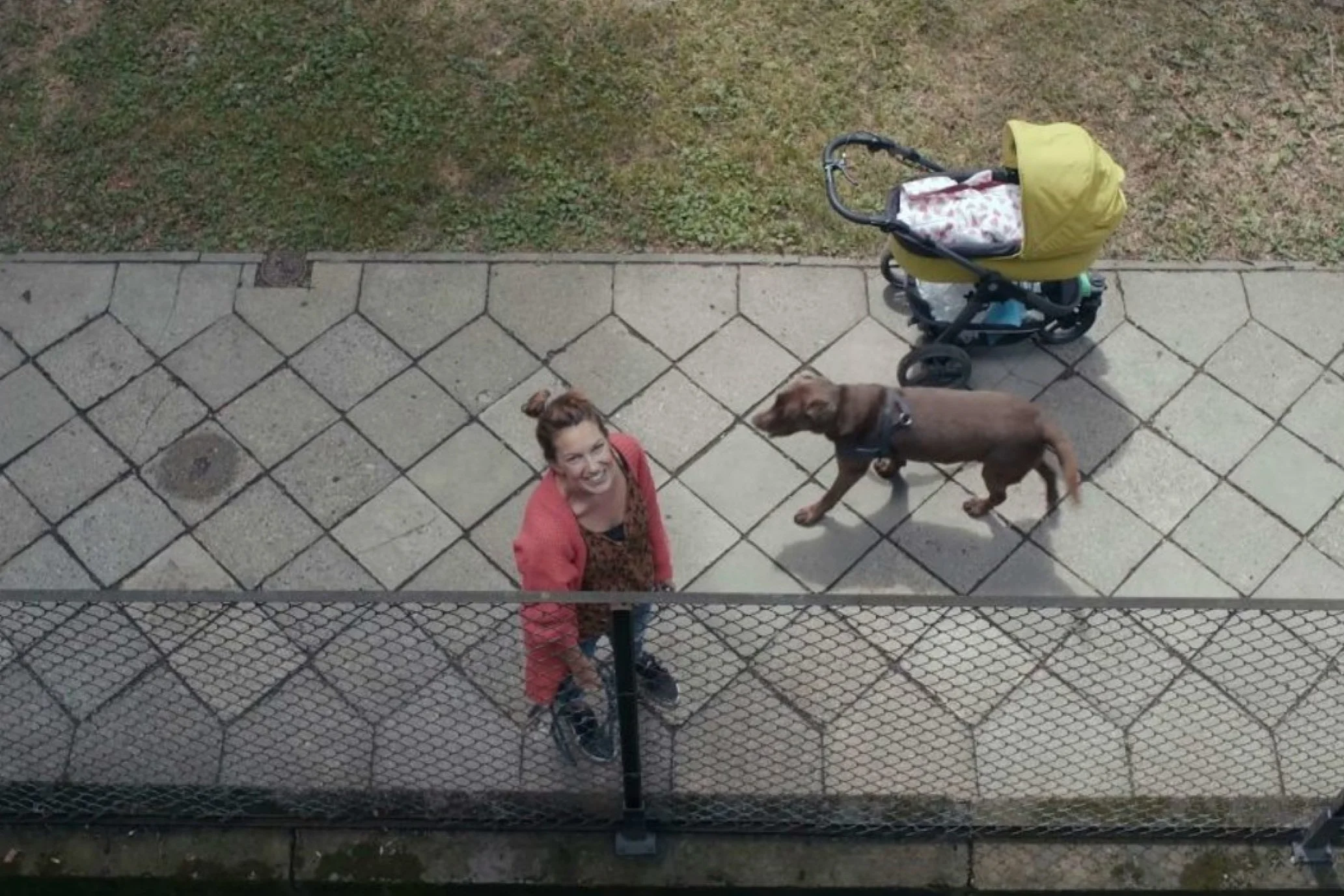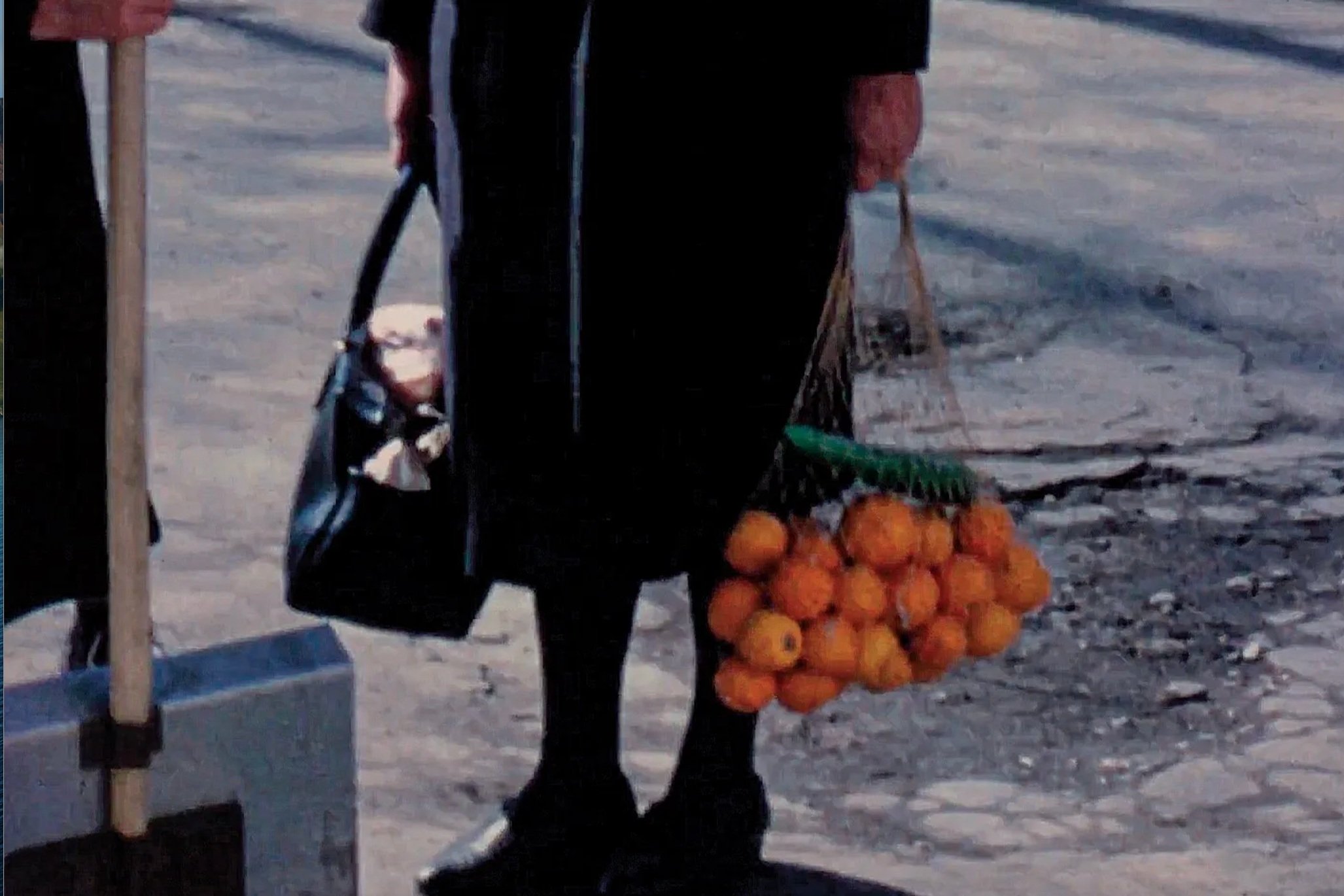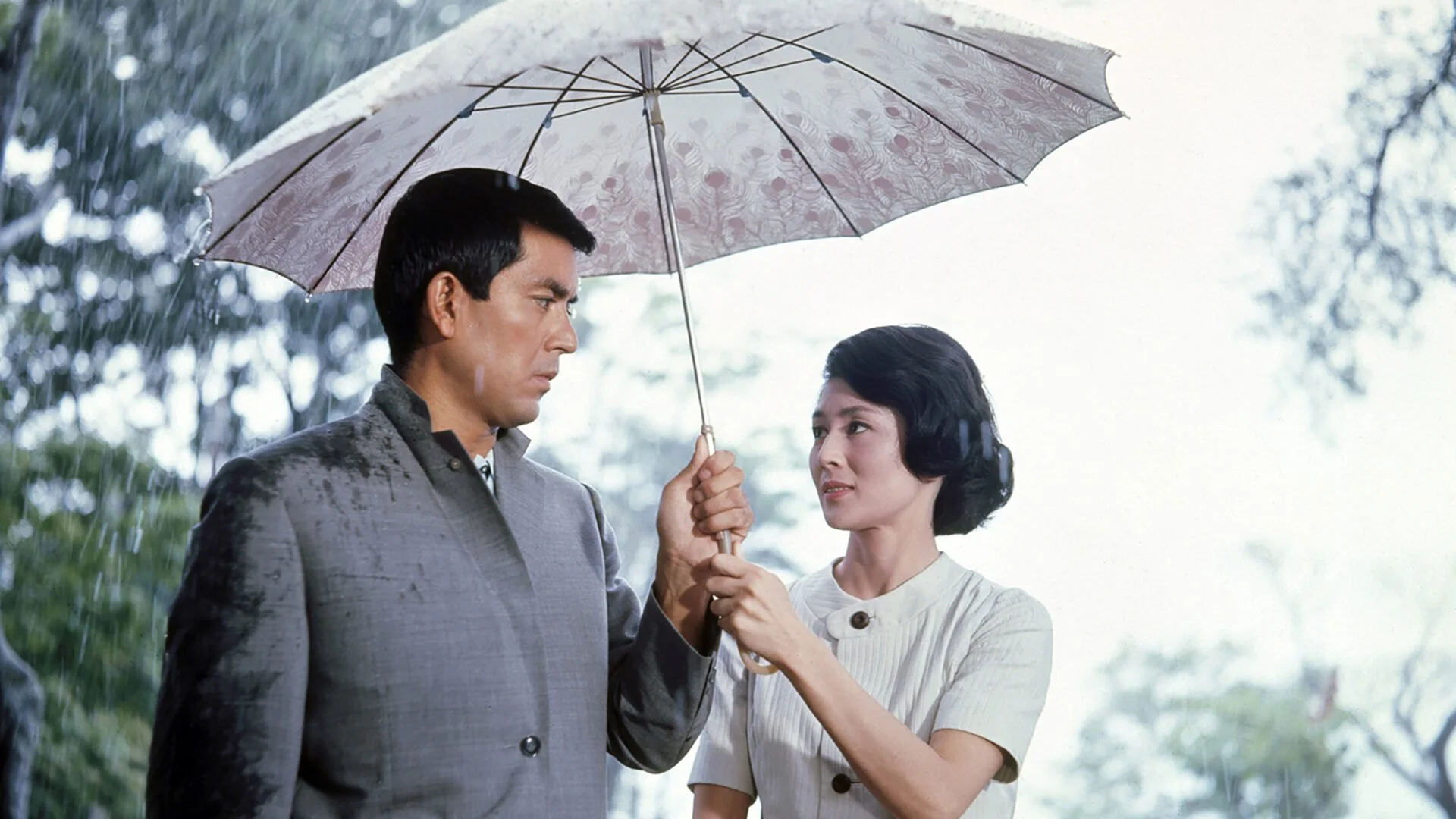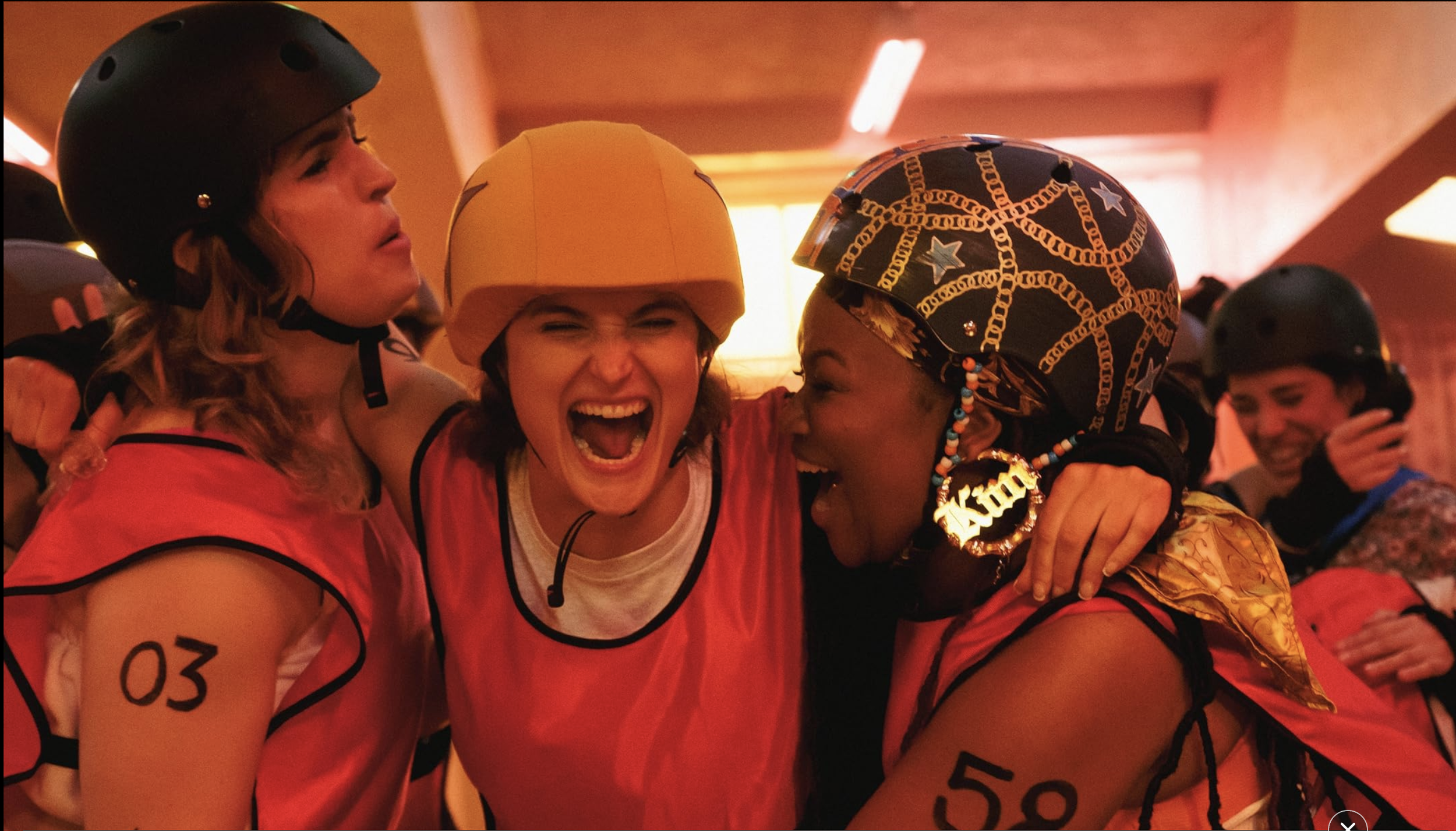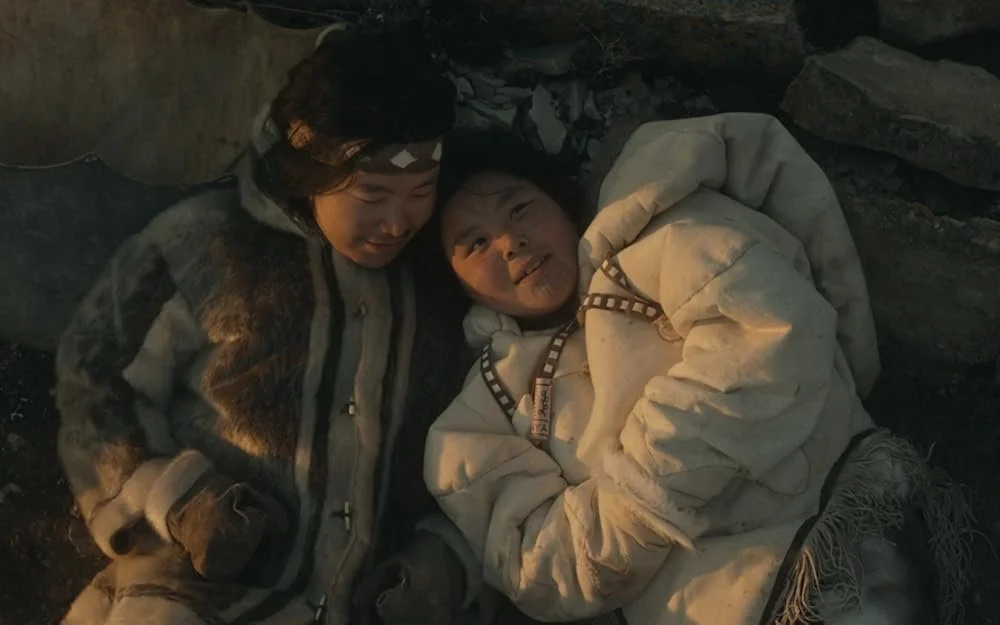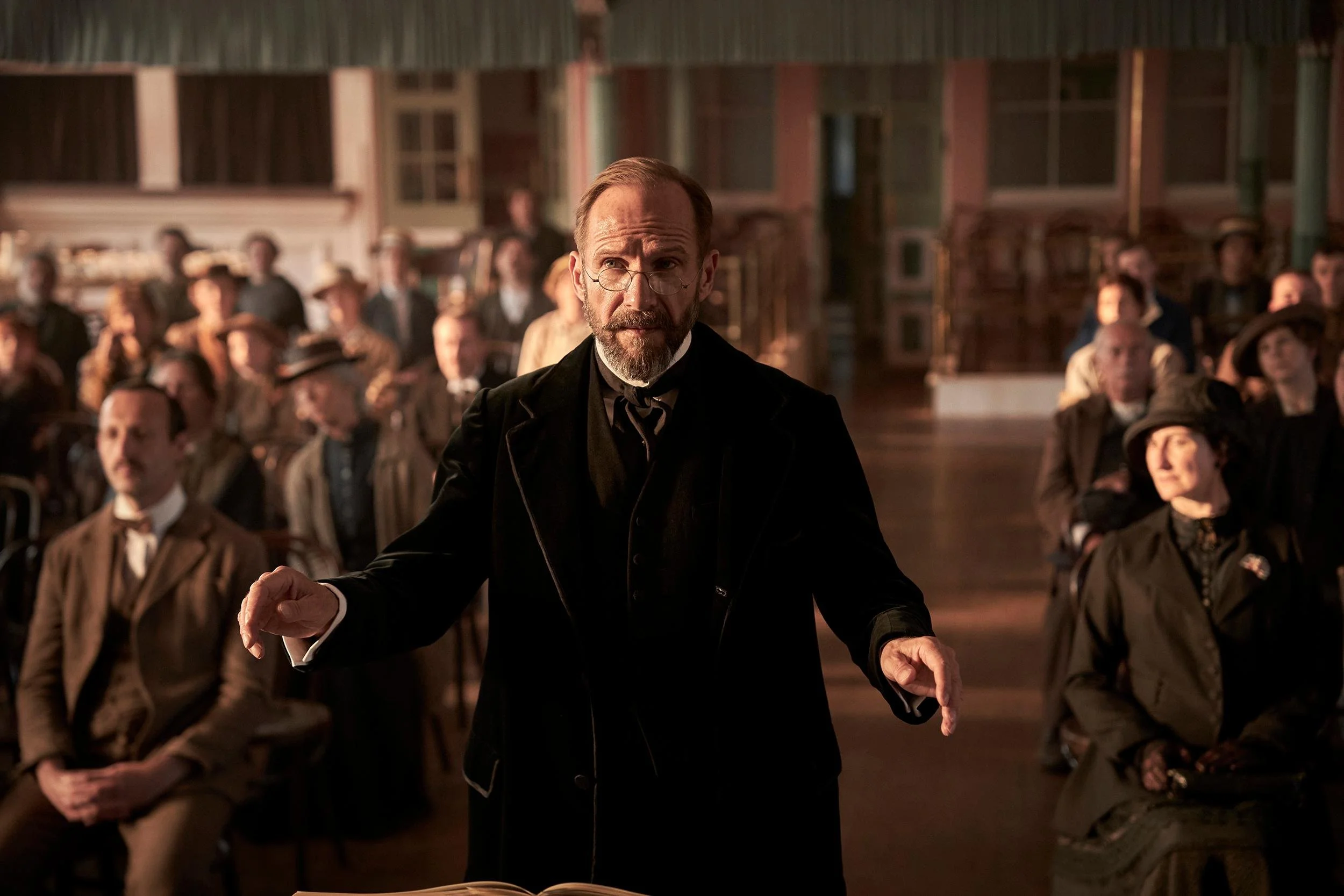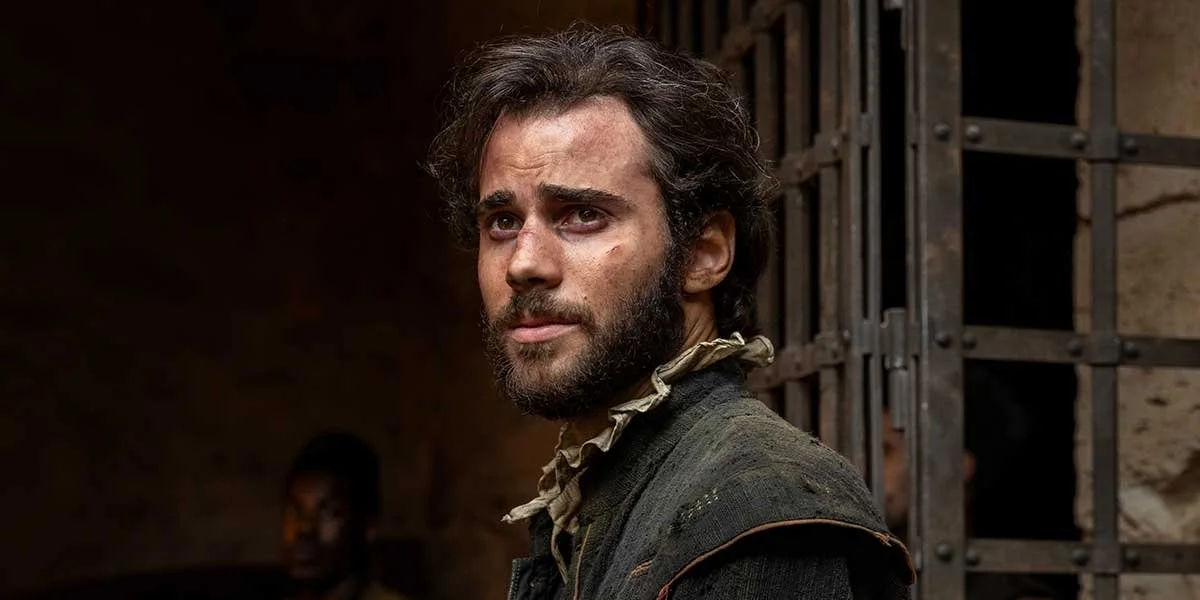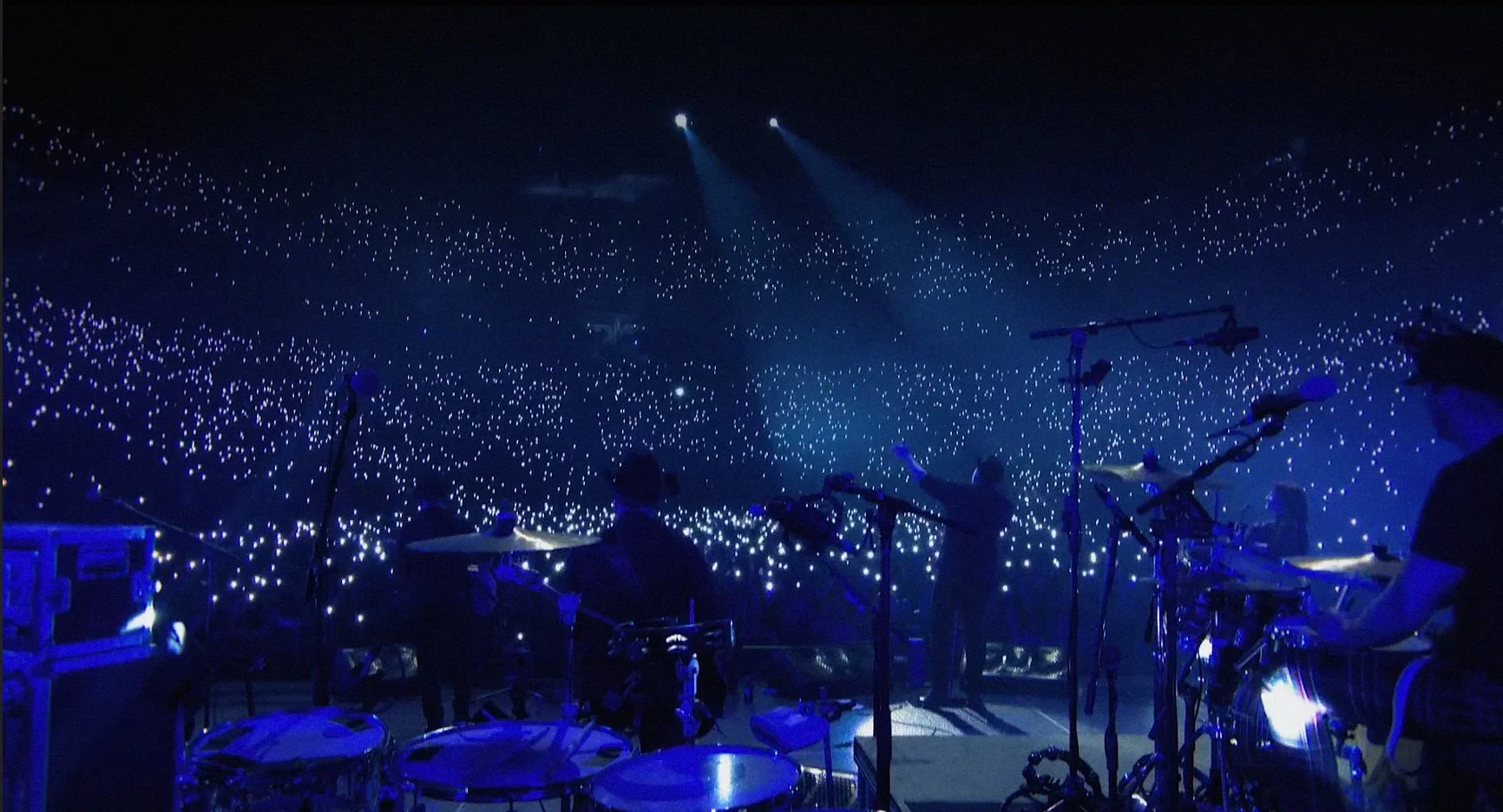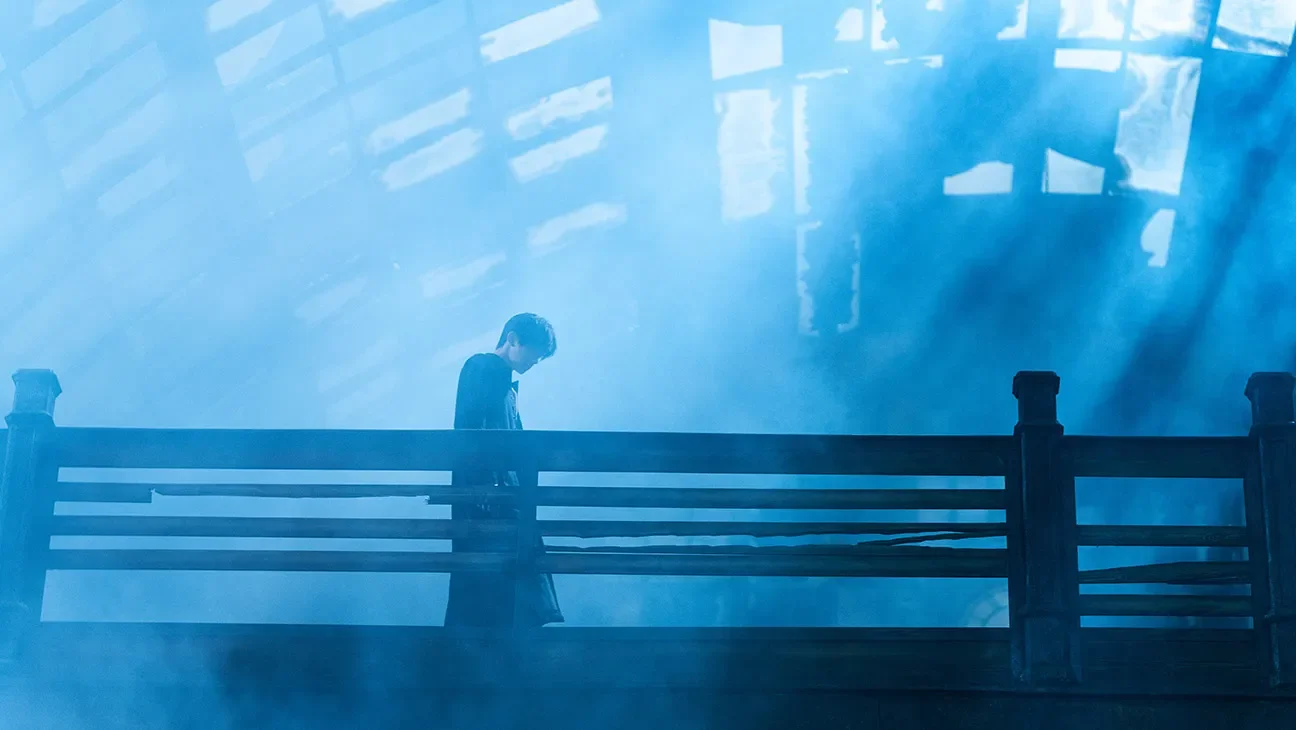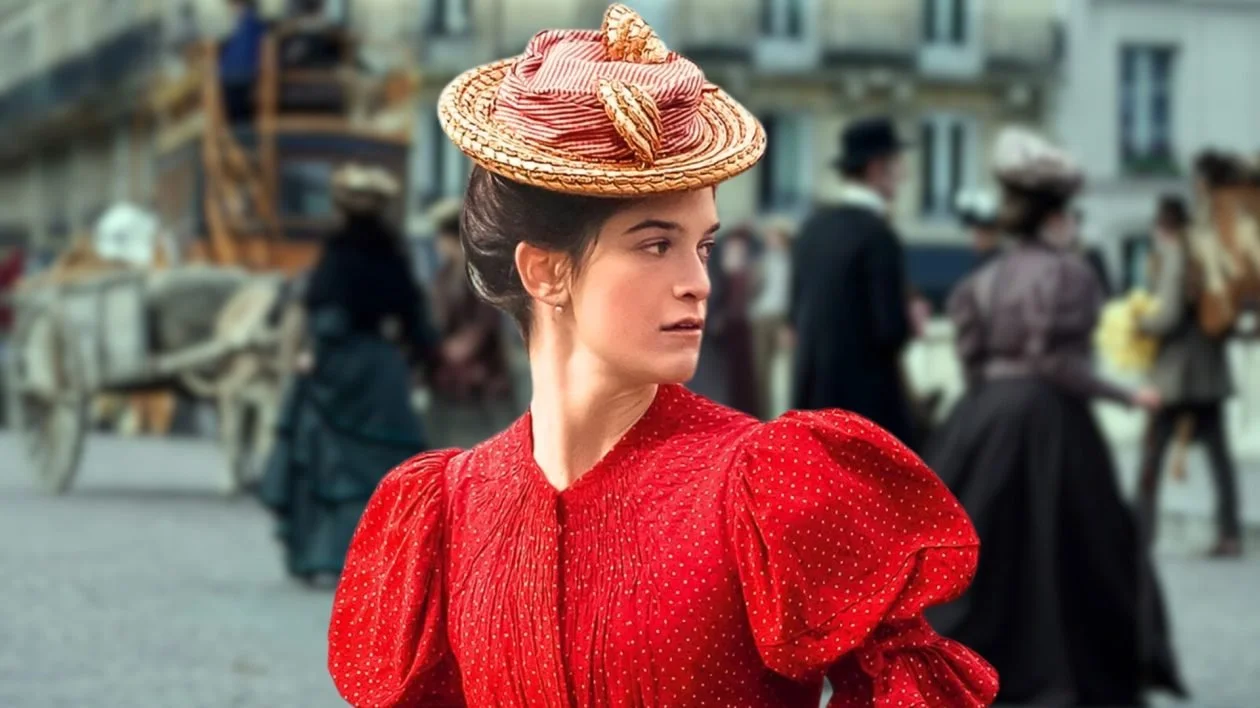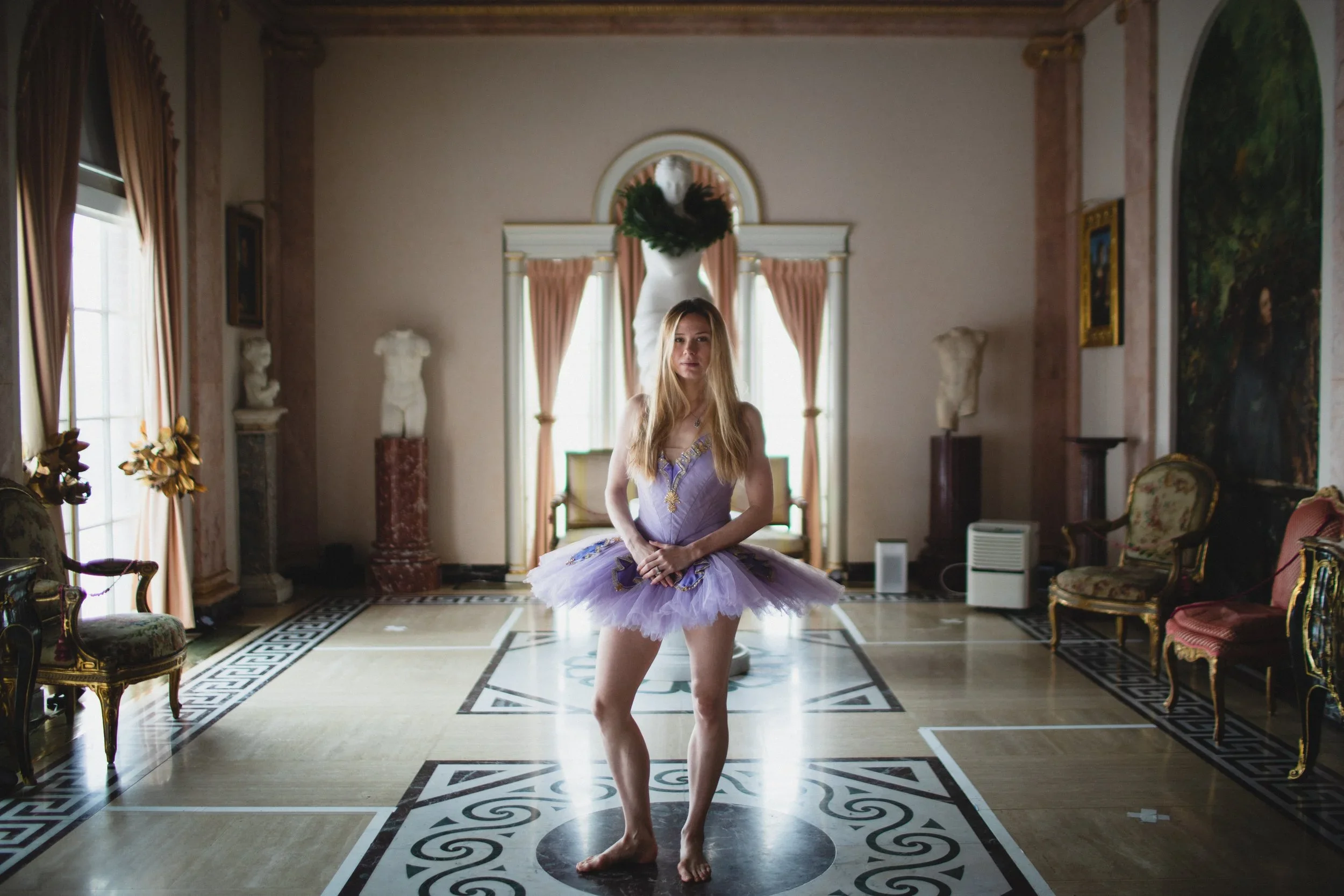Stop-motion puppetry to old travel footage, DOXA filmmakers play with format in poetic new ways
Terra Femme fashions its own pioneering archaeology; 1970 looks back at the brutality of Cold War Poland; From the Balcony captures humanity from a unique perspective
The Balcony Movie
Terra Femme.
The DOXA Documentary Film Festival runs from May 5 to 15
IN HER HAUNTING voiceover for Terra Femme, Courtney Stephens quotes the poet Madeline Gins: “Words cannot express how I am she.”
The line resonates throughout the entire 60-minute essay on the “female gaze”, a nebulous thing that Stephens hopes to find inside scratchy amateur film shot by women hobbyists in the early 20th century. In turn, words perhaps cannot express the pleasures yielded by the exercise, not just for the ghostly images of a now disappeared world collected by these privileged travellers, whose own stories turn out to be fascinating, but also for the quality of Stephens’s insights. The filmmaker’s erudite monologue draws from poets, authors, and academics, and ranges across ancient myth, fairy tales, film scholarship, psychoanalysis, and finally Ursula Le Guin.
The women behind these pilot home movies include “colonial wives”, wealthy ladies on endless world tours, early socialists, a teenaged explorer named Aloha Wonderwell, even a pioneering archeologist. Stephens is maybe doing her own pioneering archaeology, decoding the films and finding clues to the experience behind the gaze. Footage of the British colonies attributed for decades to an officer stationed in India, later discovered to have been captured by his wife, transforms everything in an instant, and the banality of the image becomes loaded with subtext. And what can we infer about Boston Brahmin Adelaide Pearson, defying propriety to lavish two minutes of celluloid on a pair of Berber belly dancers? In shots of a middle-class Black neighbourhood in late ’50s Seattle, mistakenly scanned backwards by archivists, Stephens sees women “pulled back and up, sucked back into homes” as if assailed by some mysterious reactionary force.
It’s an intensely poetic film that basically enquires, in Stephens’s words, if “women do indeed see things differently.” She then adds, “But this is tied up with the vexed question of whether women are different or whether ‘woman’ is even a transcendent category.” Posing that vexed question right now, in the midst of current battles around gender ideology, lends even more sizzle to the film’s record of antique womanhood.
Canadian filmgoers in 2022 might find related provocations in the Poland of 1970. Like Terra Femme, Tomasz Wolski’s film also plays with format, mixing stop motion puppetry with archival footage to recall the worker’s uprising that brought state violence to Gdansk and other cities in the year of the title. With Christmas approaching, rising prices and crushing austerity drove shipyard workers into the streets, joined eventually by thousands of others. An emergency group inside the Interior Ministry put the protests down with lethal force, killing 41 people and injuring and arresting countless more.
Remarkably, recordings still exist of the fraught phone calls between party officials and the rising panic that ended in bloodshed. Here’s where the puppetry comes in, with slightly grotesque, stern-faced men in underlit rooms hauling furiously on cigarettes as they encourage each other towards brutality. “We need to fucking squash this,” growls one. Cut to real scenes of government militia beating a helpless man with batons as he fumbles for his ID.
We’re perhaps left to ponder the authoritarianism that has crept into western democracies 50 years later. Polish PM Józef Cyrankiewicz appears on TV in 1970 to intone darkly about anarchists and other saboteurs fuelling the demonstrations. None of it was remotely true, yet dubious outside threats are still used to justify state violence.
Any post-screening controversies triggered by Terra Femme or 1970 are resolved by another Polish offering, The Balcony Movie. The gaze in this case belongs squarely to filmmaker Pawel Lozinski, who’s simple premise is to station a camera on his Warsaw balcony and record his conversations with pedestrians passing below. With only a few exceptions, including one guy who moans that “life is shit”, Lozinski finds plenty of participants willing to cheerfully dish about themselves.
We meet aspiring social media influencers, giddy new mothers, amusingly crabby neighbours. One woman turns their encounter into an acting lesson while another rails fantastically against bureaucracy. Lozinski intercepts a recovering alcoholic, both sides of a fractured marriage, and a woman who overcomes her shyness to tell him: “I’m not too precisely defined. I’m neither this or that.” There are kids, grandparents, single dads. Perhaps most poignant is a gay man whose “brother” has passed after 40 years together. Most hilarious, if you’re a father, is the filmmaker’s encounter with his own unimpressed teenage daughter. An older woman passionately wishes she could have shown her husband more love; another expresses serene joy over the death of hers. There are recurring visitors, notably a homeless ex-con who grows friendly with Lozinski, finally confessing to a crime that still haunts him. A seemingly infirm woman surprises with perhaps the best answer to Pawel’s question, “What is the meaning of life?” One way or another, in fact, everyone surprises.
The film is a tonic, and boy do we need one, designed to remind us that humans are generally pretty good little creatures who crave face-to-face connection, whether it’s on the ground, across the table, on either side of a fight, calling to us from century old celluloid, or even staring up from the sidewalk at a gregarious middle-aged man on a balcony.


